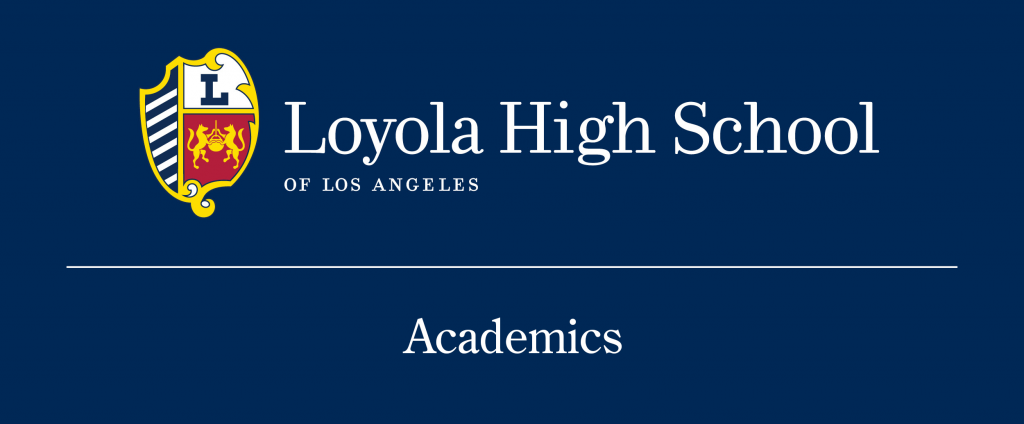On Sunday, June 1, 2025, at 10:00 a.m., the entire Loyola community is invited to the first Godspeed Mass to be celebrated on campus. As Fr. Gregory M. Goethals, SJ ’73 steps down as Loyola’s president after 19 years and Principal Jamal Adams ’90 takes on the mantle of leading the school, we will gather to share our deepest gratitude and wish them much success for the future
Read More
